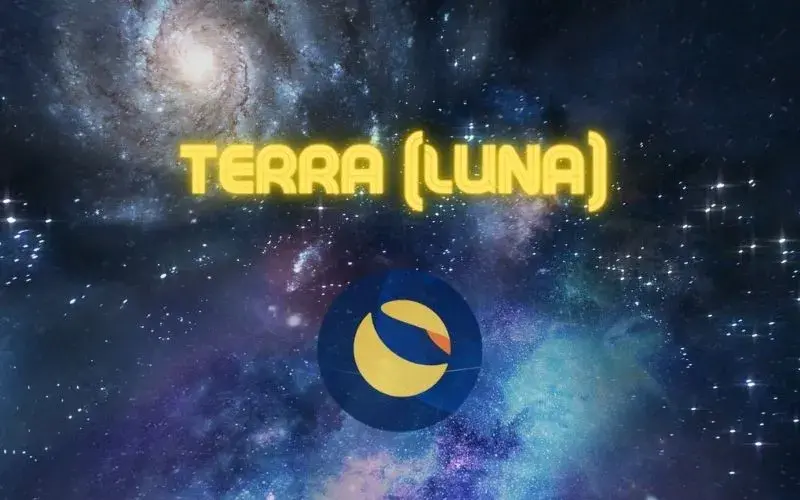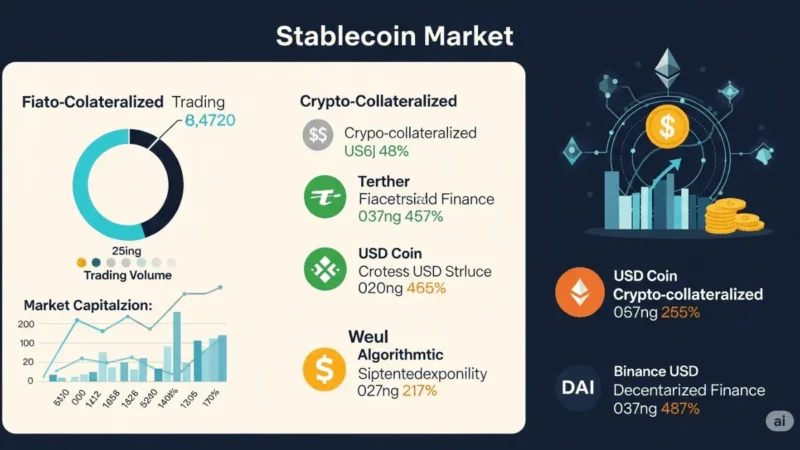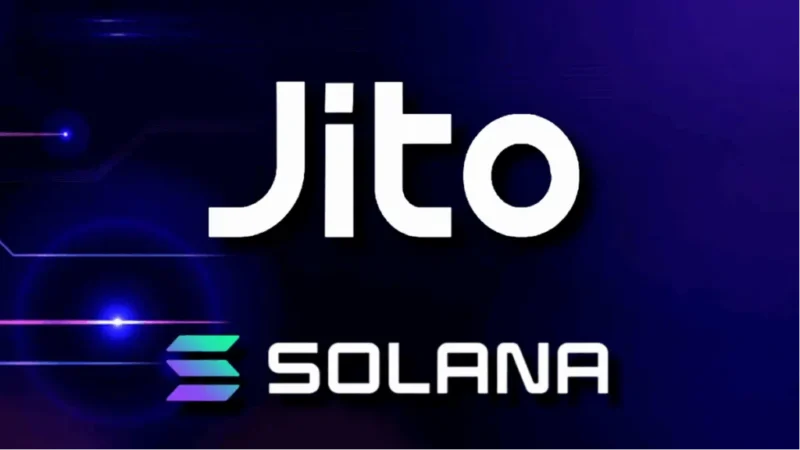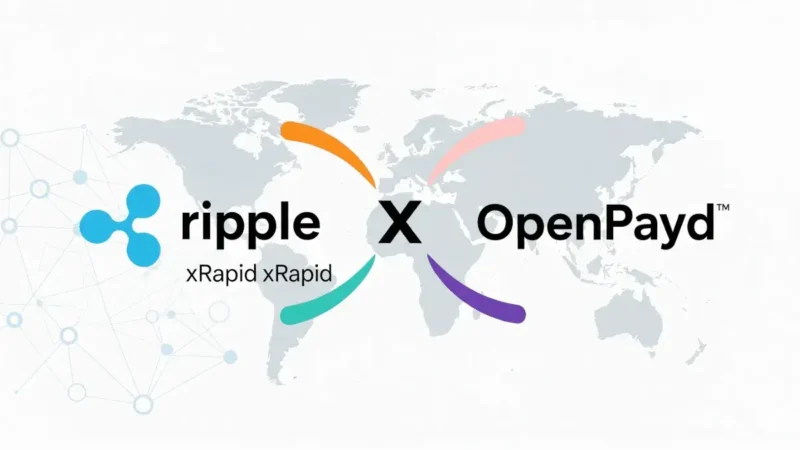Terra: defense lawsuit fails in court

TFL’s Terra developers fail in court to avoid an SEC lawsuit. The US authority accuses the South Korean company of having committed fraud and selling illegal securities. With founder Do Kwon threatened to be extradited to the US, the lawsuit could end drastically. A fresh verdict in the XRP and Ripple case offered new fuel.
Defense lawsuit fails in court
Averting an SEC lawsuit in the Terra cryptocurrency case fails in court. Developer Terraform Labs (TFL) used a new court ruling in favor of the cryptocurrency XRP to challenge a lawsuit brought by the US Securities and Exchange Commission.
The trial judge, Jed Rakoff, ruled in the Southern District District Court of New York that TFL’s motion was invalid. The company, originally based in South Korea, disagreed with the SEC’s lawsuit.
The authority accuses the company of fraud. The cryptocurrency Terra (LUNA) and associated stablecoins were issued under false pretenses. In addition, Terra (LUNA) legally corresponds to an investment contract, is therefore a security and falls under the supervision of the SEC – at least that is what the authority claims.
TFL used a previous ruling in which the SEC lost to XRP issuer Ripple to prove that Terra (LUNA) is not a security after all. However, Judge Rakoff declined to refer to the ruling, which his colleague Analisa Torres handed down, court documents show .
According to Torres, XRP is not legally classified as a security – a judgment that has already caused debate. Any similarities between XRP and Terra should help TFL out of the noose. The problem: company founder Do Kwon is currently in prison in Montenegro. He is threatened with extradition – either to South Korea or the USA. Sensitive penalties could await him in both states.
Is the SEC’s allegation against Terra still void?
It is questionable whether the SEC’s accusation against Terra can still lead to a penalty. The allegations are primarily based on the US dollar stablecoin TerraUSD (UST). This collapsed in the course of panic sales in early May 2022.
As a result, the decentralized stablecoin also lost its peg to the US dollar. All value was gone. At the time of going to press, the value of the stablecoin, at around one cent, is still only one hundredth of the actual target value.
According to the SEC, users primarily acquired the UST with the intention of making a profit. However, since a stablecoin’s goal is not to change its value but to remain stable, this argument is likely to prove difficult in court.
Terraform Labs counters exactly that – users would only buy such a stablecoin for concrete, pragmatic reasons. But it is also a fact that the extreme growth of the Terra ecosystem was mainly driven by the Anchor Protocol.
On the DeFi platform, you could invest UST to earn up to 20 percent interest. In the long term, this should create a healthy marketplace for crypto lending. Although it was possible to keep the high interest rate promises for several months, this has so far only been possible through continuous investments on the part of TFL.
According to Rakoff, “any expectation of profit could not be attributed to the efforts of the defendants” – to this extent he agrees with his colleague Torres. But:
The fact that a buyer acquired the Coins directly from Defendants or, instead, in a secondary resale business does not affect whether a reasonable person would objectively view Defendants’ actions and statements as a promise of profit based on their efforts.
More on the topic: Switzerland seizes $26 million from Do Kwon



